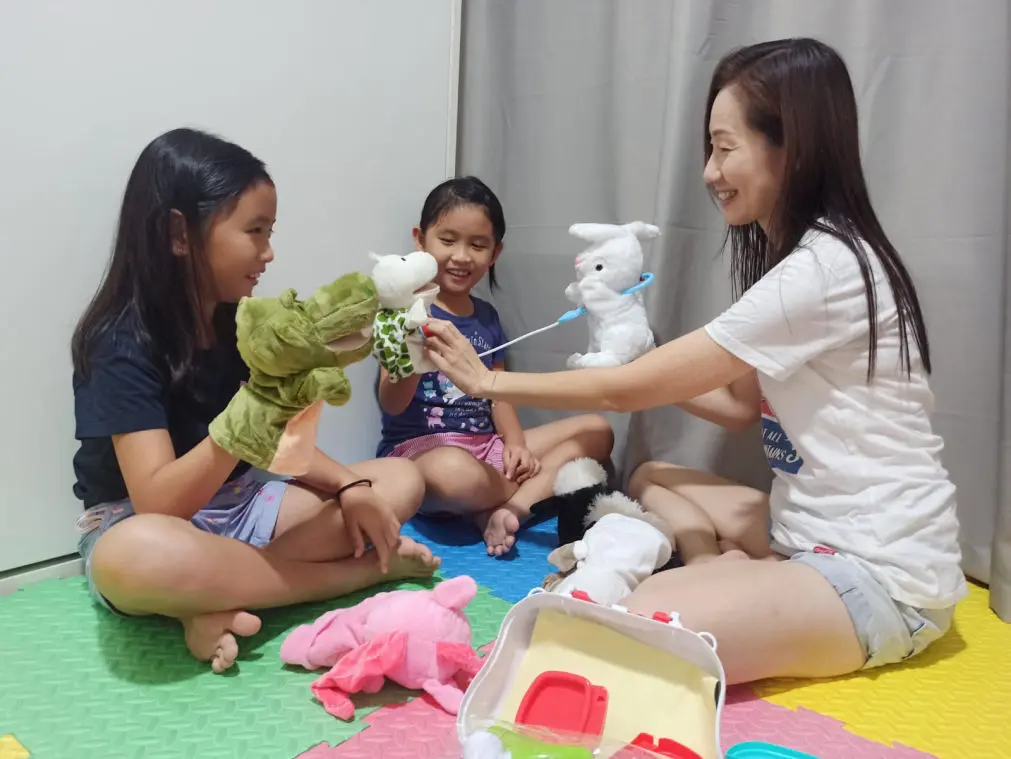
What is Play Therapy?
Play therapy is a form of therapy used primarily for children (3-12 years old). That’s because children may not be able to process their own emotions or articulate problems to parents or other adults. Play therapist can provide a safe environment where children can explore their feelings, thoughts, experiences and behaviors through the use of creative arts and play, without the fear of failure or judgment. The therapy is non-judgmental and accepting, allowing the child to safely explore traumas or emotions that they may otherwise not be able to be put into words.
